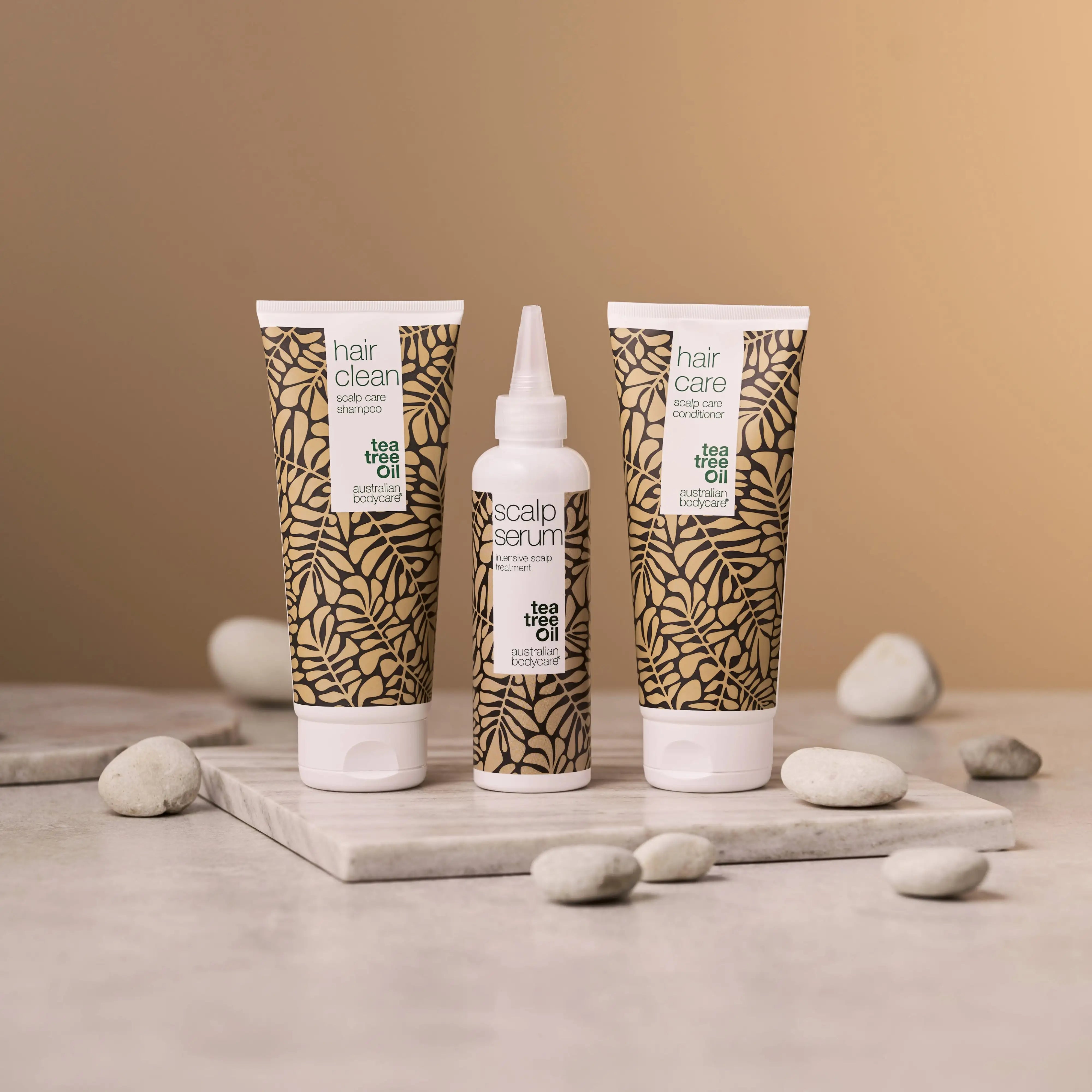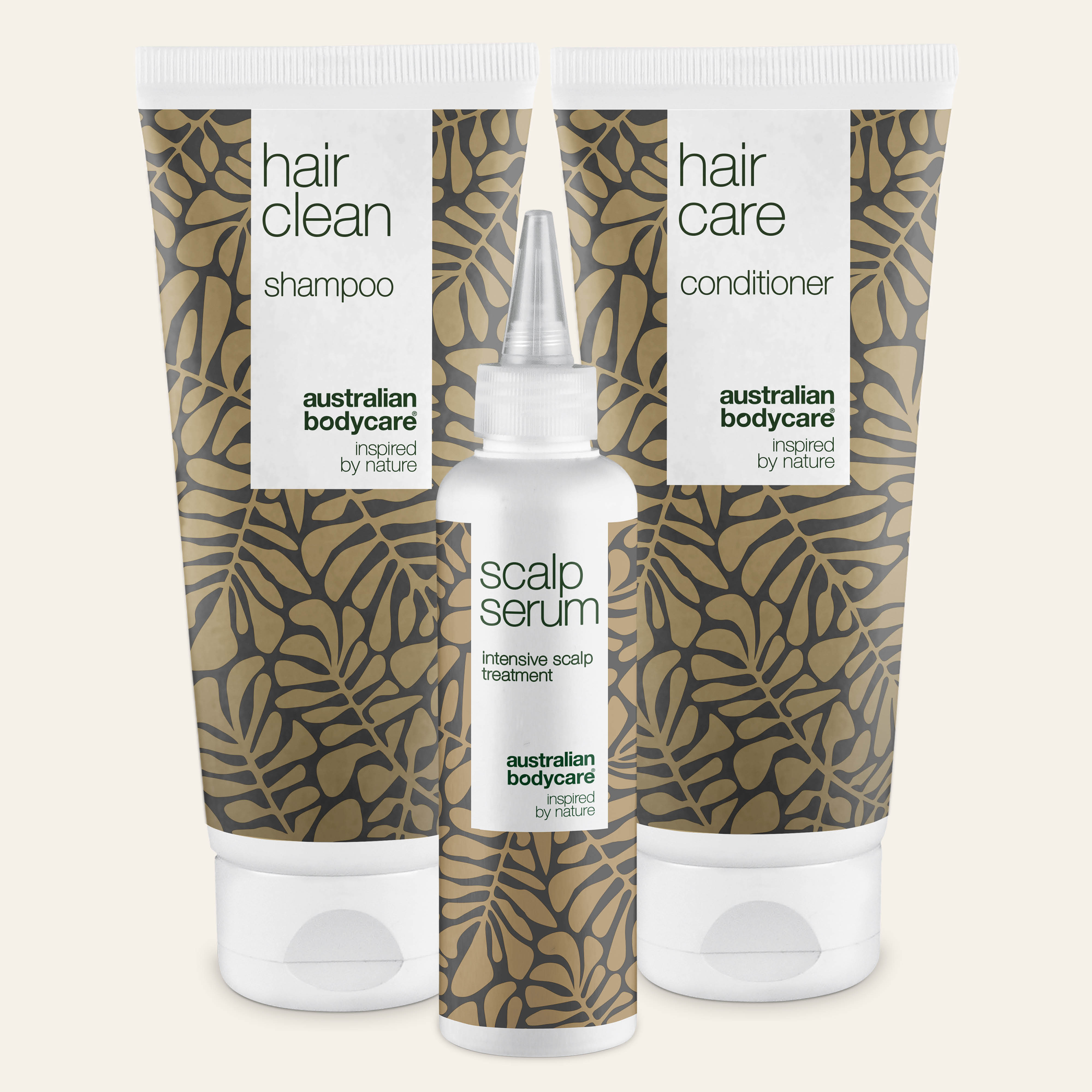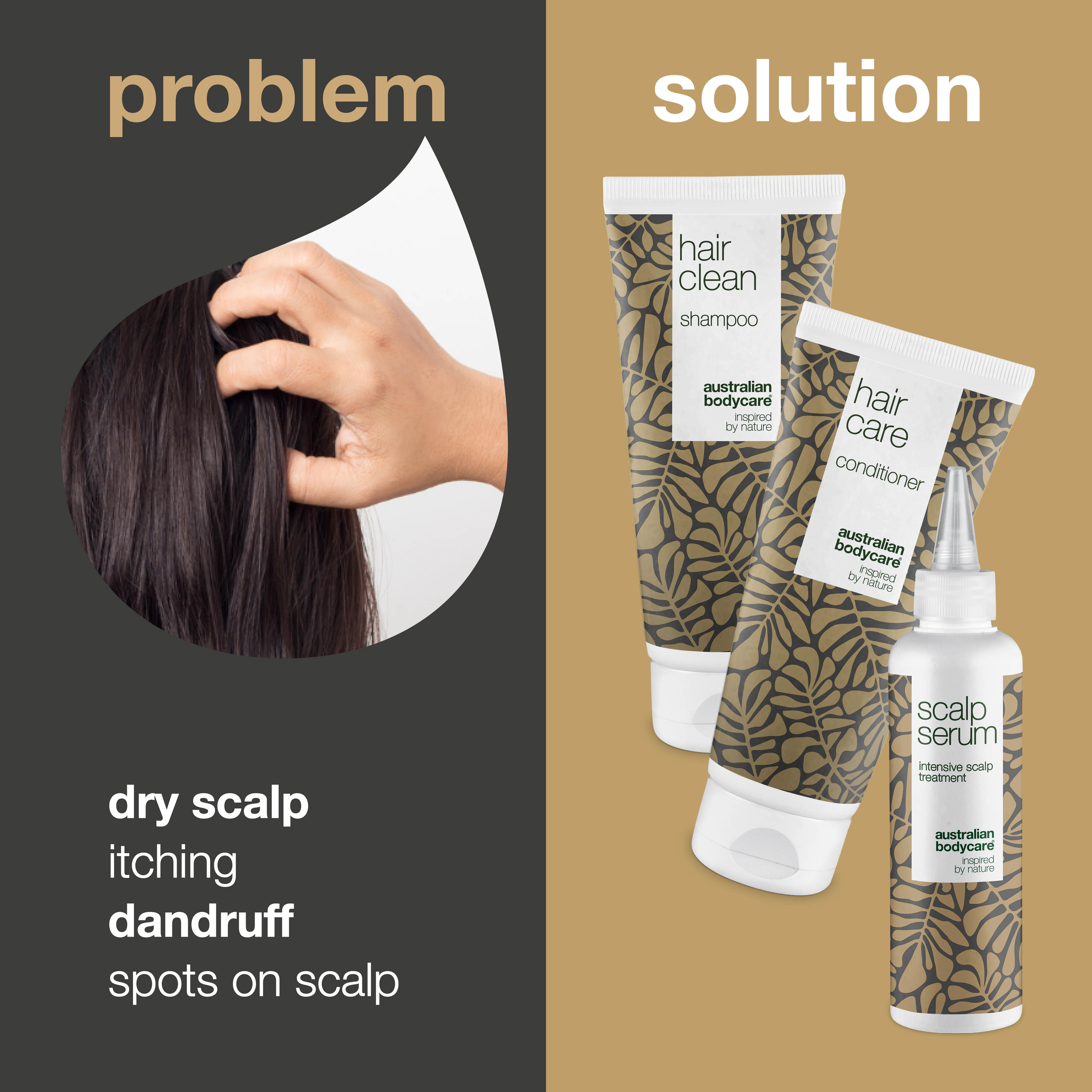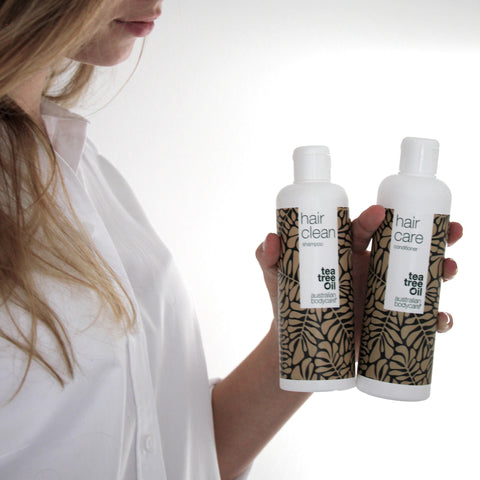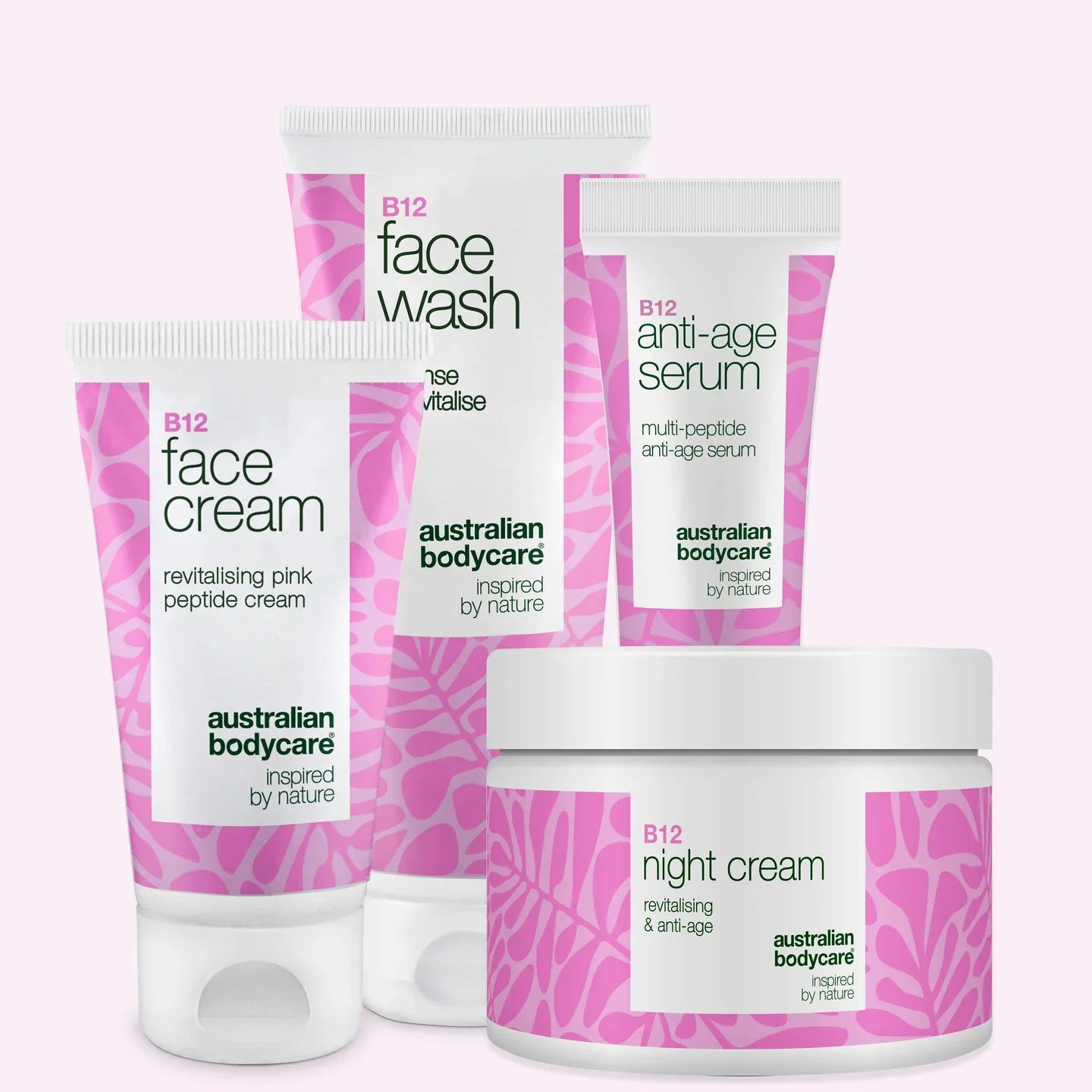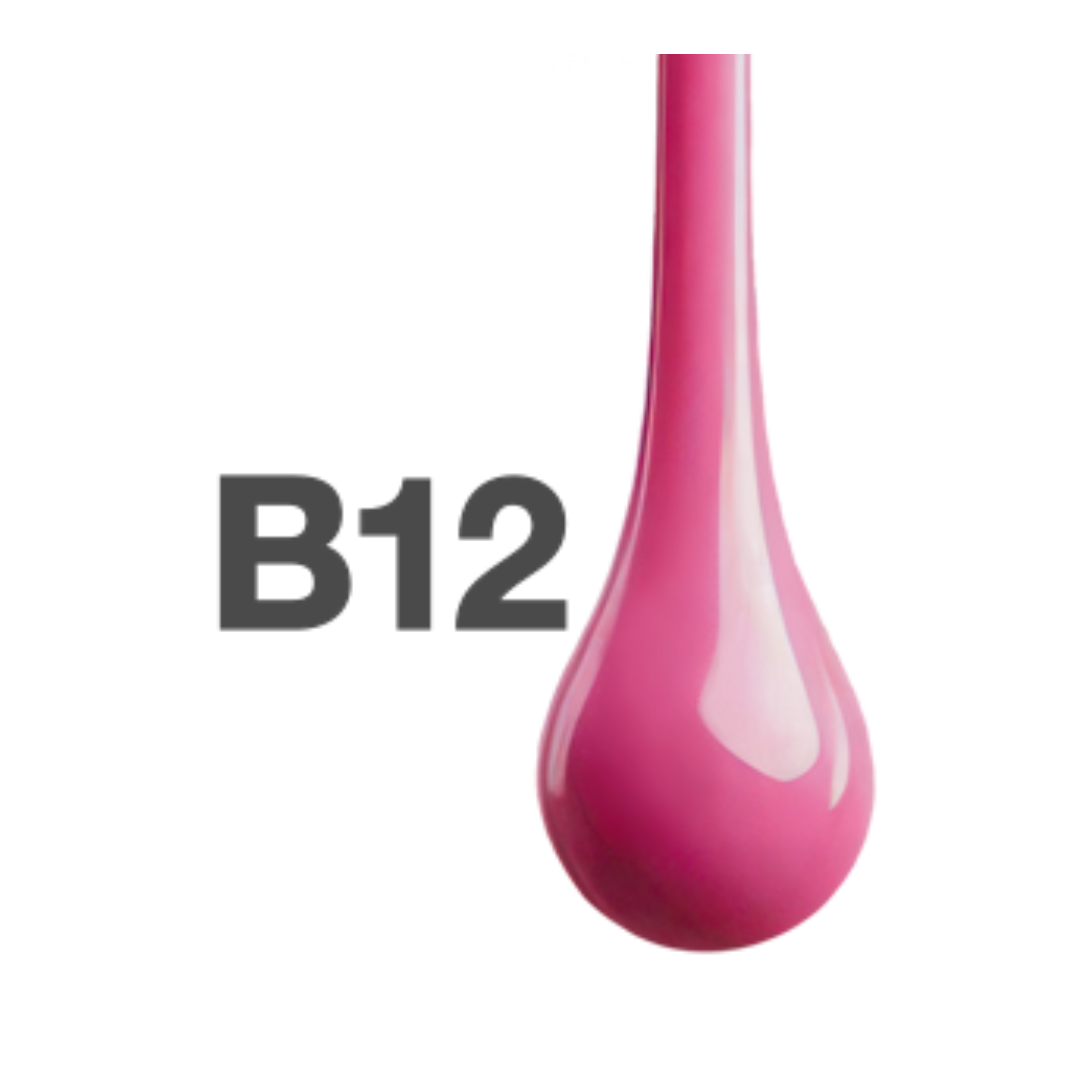Common causes of sore scalp
Table of contents
What Causes a Sore Scalp?
There can be many different reasons why your scalp suddenly becomes sore. Sometimes the cause is easy to identify, other times it might take a bit more detective work to figure out why your scalp is sore.
Some of the most common causes are listed below. It's important to note that you should always see a doctor if the soreness on your scalp continues – even if you know the cause. And if you can't immediately identify a reason for the sore scalp, you should, of course, also have a doctor check it out.
Video: How to get rid of a sore scalp
Sore Scalp After Bleaching and Dyeing
When you bleach or dye your hair, you're applying chemicals directly to your scalp. That's tough on the skin. Some people can tolerate it, others can't.
Therefore, some may develop contact eczema or contact allergy after bleaching their hair. During dyeing or bleaching, it's obviously only the hair that's meant to be colored or bleached, but it's almost inevitable that the scalp will also come into contact with the product. And not everyone can tolerate it.
The scalp will typically become sore and irritated, it itches, and the skin turns red. In the worst cases, sores can develop on the scalp, and the soreness can turn into outright pain. The reaction can occur immediately after the treatment, but it can also take several days before you experience discomfort.
If you have sensitive and delicate skin, you might want to reconsider continuing to bleach or dye your hair.
Sore Scalp Due to Ponytail or Updo
When you put your hair up in a ponytail or create an updo, you're not just tightening the hair; you're also tightening the skin on your scalp. This can cause soreness and discomfort in the scalp, and for some, even headaches.
Moreover, you can also damage your hair. If you tie your hair up with an elastic in the same spot every day, it can eventually cause the hair strands to break. Extensions also wear on the hair and scalp and can therefore similarly cause a sore scalp, and here the hair is also subject to constant tightening.
Generally, it's a good idea to let your hair hang loose once in a while, so both hair and scalp get a 'break'. Also, remember to let your hair dry before putting it up.
Wet and tightly packed hair against the scalp creates an environment conducive to itching, stinging, and soreness in the scalp, and potentially also for the development of bacteria and fungus.
Sore Scalp During Pregnancy
Many changes occur in the body during pregnancy, and various discomforts can arise along the way. Itchy skin is not uncommon. Many also experience changes in their skin. Perhaps it becomes more blemished, perhaps drier. One can also become more sensitive in the skin. Skin changes can mean that the scalp becomes more sore, so it's not uncommon to struggle with a sore scalp when you're pregnant.
Sore Scalp and Hair Loss
There can be many different causes for starting to lose hair. It can be hereditary. Illness, medication, stress, fungal infections, and others can also lead to hair loss. The same can hair coloring and bleaching agents and tight hairstyles with a ponytail or updo every day.
In connection with hair loss, you may thus experience that the scalp is sore and irritated. In other cases, the hair loss is not caused by any external factor but is solely a hereditary condition, and then the scalp typically will not be sore.
After hair loss, many will, however, experience that the scalp becomes more sensitive to cold, heat, etc., because it suddenly is bare and no longer protected by the hair.
Sore Scalp and Headache
A sore scalp is often accompanied by a headache. There's a reason why the scalp becomes sore, and whether it's due to chemicals, tightening of the hair and thus the skin, or something entirely different, an impact on the skin in the scalp has occurred. When the scalp is sore, it can thus cause a headache. But the impact can also happen the other way around. When you have a headache, the scalp can become more sensitive, and thus more easily feel sore and irritated.
Sore Scalp and Shampoo
If you can't immediately find the cause of your sore scalp, it might be worth trying a different brand of shampoo and perhaps use some other styling products. It might just help to switch to a gentler, more skin-friendly shampoo without parabens and some gentler styling products.
SEE ALSO: Shampoo for sensitive and irritated scalp
Other causes of sore scalp
Fungal infections, psoriasis, and other skin conditions can also lead to a sore scalp. And in rare cases, other diseases can be the cause of a sore scalp. The disease temporal arteritis, which causes inflammation in the blood vessels in the head area, can, among other symptoms, lead to a sore scalp and tender temples. Temporal arteritis almost exclusively affects older people.
Some people with fibromyalgia, a condition characterized by chronic muscle pain, also experience a sore scalp. And an MRSA infection can also lead to a sore scalp.
What Does It Mean to Have a Sore Scalp?
A sore scalp is something both annoying and uncomfortable. Normally, the scalp isn't something we think much about. Unless, that is, the scalp suddenly becomes sore and irritated, or we even develop sores on the scalp. And this can happen to anyone.
READ ALSO: What Can Be Done About a Sore Scalp?
When the scalp is sore, it's very sensitive and tender to the touch. Therefore, it can hurt just to comb your hair. You might feel a prickling sensation in the scalp, and it can feel a bit like when your leg or arm falls asleep.
What Can Be Done About a Sore Scalp?
Video: How to get rid of a sore scalp
When your scalp is sore, and perhaps the skin is irritated, itchy, and burning, you should take it seriously. Of course, it's important that you initially stop what might be causing the soreness.
For example, if it's due to hair dyeing and bleaching, you should stop doing that for now. If it's due to daily hairstyles like ponytails or updos, you can take a break from them.
Choose a Skin-friendly and Nourishing Shampoo
Whether there are obvious causes for the soreness in the scalp or not, the skin should be treated gently with mild, skin-friendly, and nourishing products. It's important that your shampoo cleans and cares for hair and scalp without drying and irritating.
It can also be a shampoo against fungus, which works against dry scalp or dandruff that can make the scalp sore and irritated. Hair Clean Shampoo is a good choice for a shampoo that is mild and caring and tackles multiple fronts.
Treat the Scalp with a Treatment
To nurture and soothe the scalp even more, you can use a scalp treatment. You can use it daily while the problem is at its worst, and later use it occasionally when the scalp needs a little extra care. Scalp Serum is antiseptic and works to soothe and relieve the scalp. It adds moisture and also combats dandruff, itchiness, and skin irritation.
Video: How to get rid of a sore scalp – Step by step.

